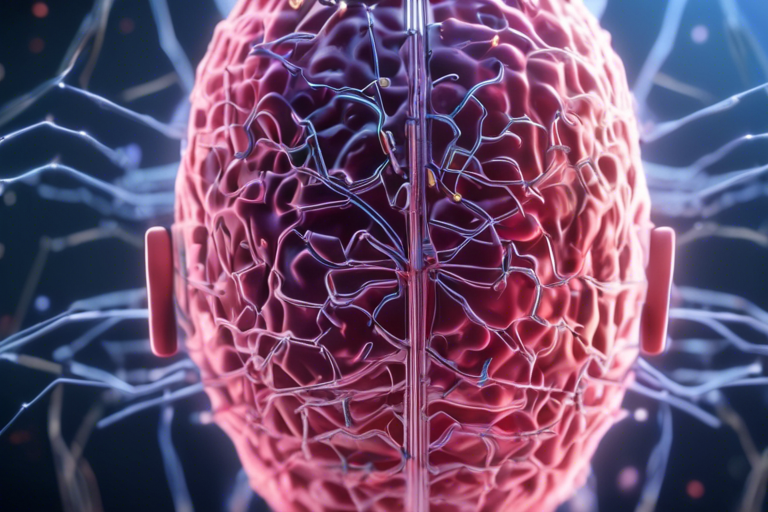Revolutionizing Cancer Detection with AI
Hey there crypto readers! Have you heard about the latest breakthrough in cancer detection technology that is making waves in the medical field? A new artificial intelligence (AI) model has been developed by researchers at the University of Cambridge in the U.K., which has the ability to detect 13 different types of cancer with an impressive accuracy rate of 98.2% using only DNA data from tissue samples.
How the AI Model Works
The AI model, known as EMethylNET, has the potential to transform early cancer detection, diagnosis, and treatment. This groundbreaking technology focuses on DNA methylation, a chemical process that occurs in the early stages when cells begin to grow, including cancer cells. The researchers behind EMethylNET trained the machine learning model to identify early-stage cancer structures and pathways.
- The researchers trained the AI model on data from over 6,000 tissue samples from The Cancer Genome Atlas, representing 13 different types of cancer.
- They tested the model on more than 900 samples from independent datasets, achieving an accuracy rate of over 98% in classifying cancer types.
- EMethylNET identified 3,388 methylation sites linked to cancer-related genes and pathways, providing valuable insights for cancer research.
The Power of AI in Cancer Detection
According to the study published in Biology Methods and Protocols, the AI model combines two powerful approaches: XGBoost for feature selection and a deep neural network for classification. This allows EMethylNET not only to accurately detect cancer but also to uncover insights into the body’s regulation of non-genetic factors that can potentially transform normal cells into cancer cells.
- Early epigenetic modifications associated with carcinogenesis play a crucial role in cancer development and can be detected by the AI model.
- The technology has the potential to detect hundreds of cancer types, depending on the availability of training data.
- Further studies and testing are required before the technology can be used in clinical settings, and researchers are working on adapting the model for non-invasive early cancer screening using liquid-tissue samples.
Implications for Public Health
As AI continues to advance in the healthcare sector, technologies like EMethylNET represent a significant step forward in leveraging machine learning for more accurate and timely cancer diagnosis. With over 19 million new cancer cases diagnosed annually and 10 million cancer-related deaths, innovations in cancer detection and treatment are crucial for improving public health outcomes.
Hot Take: Embracing AI for Cancer Detection
Dear crypto reader, the integration of AI in cancer detection is revolutionizing the way we approach early diagnosis and treatment. The development of EMethylNET showcases the potential of machine learning in transforming cancer care and improving patient outcomes. As researchers continue to refine and expand the capabilities of AI models like EMethylNET, we can look forward to a future where cancer diagnosis is faster, more accurate, and ultimately, more effective in saving lives.





 By
By

 By
By
 By
By
 By
By